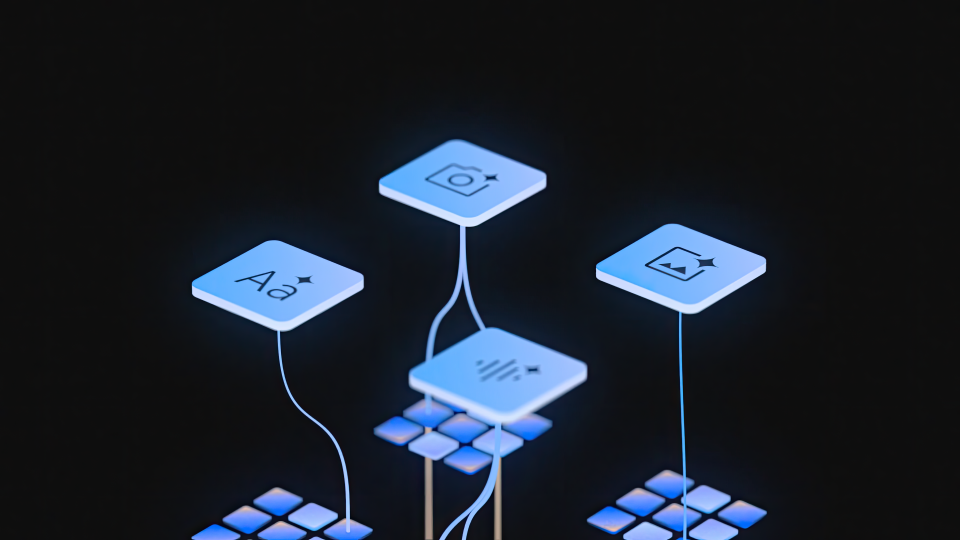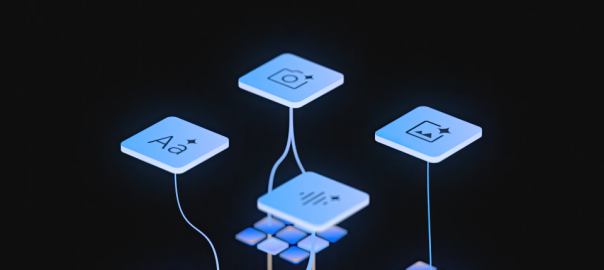Google’s answer to GPT-4 is Gemini: ‘the most capable model we’ve ever built’
The company plans to incorporate the AI across its product platforms, starting with Bard.

OpenAI’s spot atop the generative AI heap may be coming to an end as Google officially introduced its most capable large language model to date on Wednesday, dubbed Gemini 1.0. It’s the first of “a new generation of AI models, inspired by the way people understand and interact with the world,” CEO Sundar Pichai wrote in a Google blog post.
“Ever since programming AI for computer games as a teenager, and throughout my years as a neuroscience researcher trying to understand the workings of the brain, I’ve always believed that if we could build smarter machines, we could harness them to benefit humanity in incredible ways,” Pichai continued.
The result of extensive collaboration between Google’s DeepMind and Research divisions, Gemini has all the bells and whistles cutting-edge genAIs have to offer. “Its capabilities are state-of-the-art in nearly every domain,” Pichai declared.
The system has been developed from the ground up as an integrated multimodal AI. Many foundational models can be essentially though of groups of smaller models all stacked in a trench coat, with each individual model trained to perform its specific function as a part of the larger whole. That’s all well and good for shallow functions like describing images but not so much for complex reasoning tasks.
Google, conversely, pre-trained and fine-tuned Gemini, “from the start on different modalities” allowing it to “seamlessly understand and reason about all kinds of inputs from the ground up, far better than existing multimodal models,” Pichai said. Being able to take in all these forms of data at once should help Gemini provide better responses on more challenging subjects, like physics.
Gemini can code as well. It’s reportedly proficient in popular programming languages including Python, Java, C++ and Go. Google has even leveraged a specialized version of Gemini to create AlphaCode 2, a successor to last year’s competition-winning generativeAI. According to the company, AlphaCode 2 solved twice as many challenge questions as its predecessor did, which would put its performance above an estimated 85 percent of the previous competition’s participants.
While Google did not immediately share the number of parameters that Gemini can utilize, the company did tout the model’s operational flexibility and ability to work in form factors from large data centers to local mobile devices. To accomplish this transformational feat, Gemini is being made available in three sizes: Nano, Pro and Ultra.
Nano, unsurprisingly, is the smallest of the trio and designed primarily for on-device tasks. Pro is the next step up, a more versatile offering than Nano, and will soon be getting integrated into many of Google’s existing products, including Bard.
Starting Wednesday, Bard will begin using a especially-tuned version of Pro that Google promises will offer “more advanced reasoning, planning, understanding and more.” The improved Bard chatbot will be available in the same 170 countries and territories that regular Bard currently is, and the company reportedly plans to expand the new version’s availability as we move through 2024. Next year, with the arrival of Gemini Ultra, Google will also introduce Bard Advanced, an even beefier AI with added features.
Pro’s capabilities will also be accessible via API calls through Google AI Studio or Google Cloud Vertex AI. Search (specifically SGE), Ads, Chrome and Duet AI will also see Gemini functionality integrated into their features in the coming months.
Gemini Ultra won’t be available until at least 2024, as it reportedly requires additional red-team testing before being cleared for release to “select customers, developers, partners and safety and responsibility experts” for testing and feedback.” But when it does arrive, Ultra promises to be an incredibly powerful for further AI development.
(9)
Report Post






